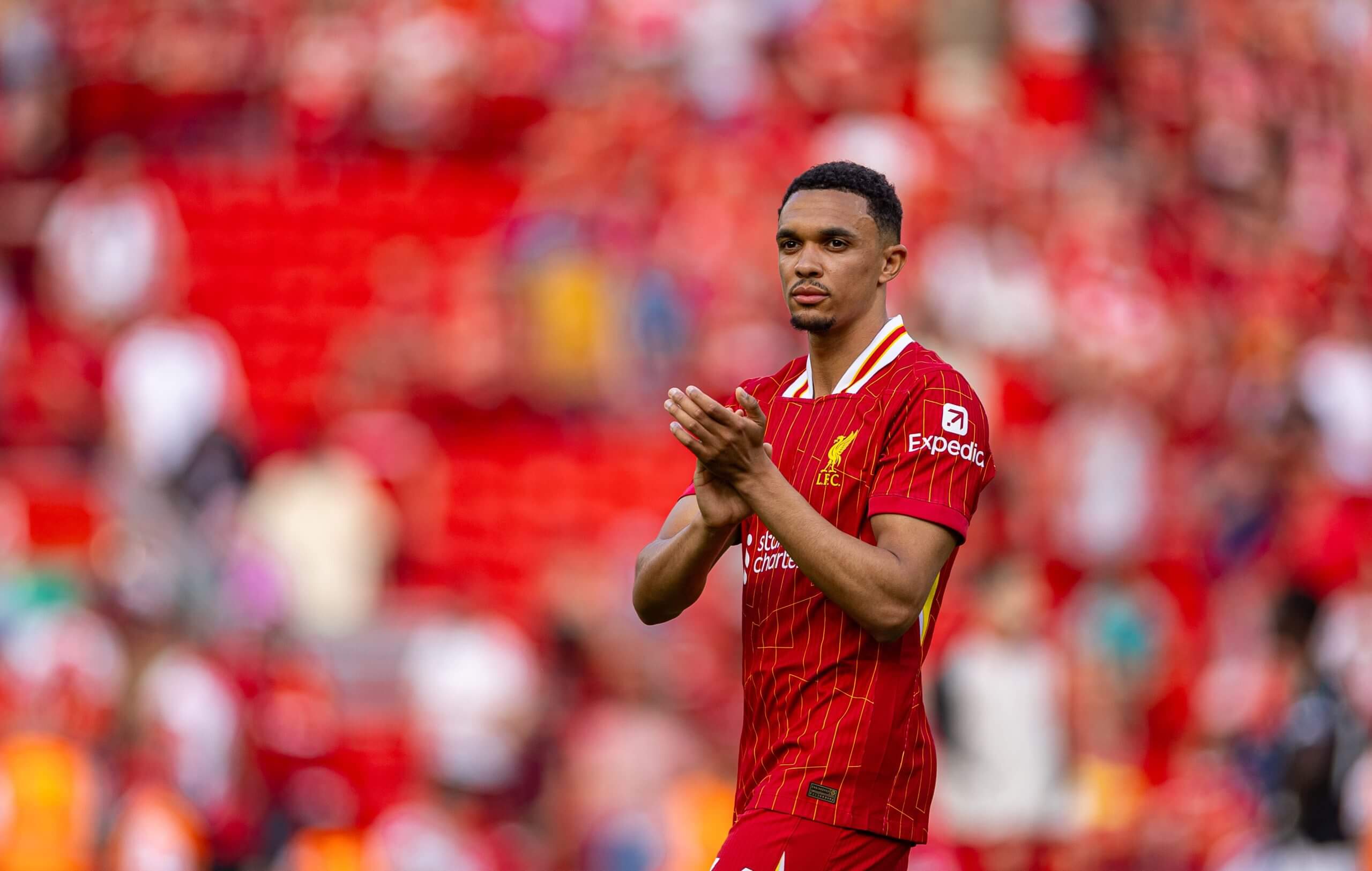The Curious Case of Yoane Wissa’s Exit
Brentford fans woke up to a surprise this summer when Yoane Wissa became the latest to make headlines with a Bosman transfer. FreeWissa, as social media jokingly dubbed him, left without the drama typically surrounding high-profile departures. Yet, his exit speaks to a broader truth in modern football: clubs can lose key players without a dime, and fans are expected to quietly adapt.
The Congolese forward wasn’t the flashiest name in the Premier League, but his presence in Brentford’s attack offered consistency, work ethic, and flair. His ability to switch between wide and central positions gave Thomas Frank tactical flexibility. In many ways, Wissa was the embodiment of the modern attacker—agile, adaptable, and efficient. Now, he’s gone for free.
This isn’t just about a player leaving. It’s about the increasing trend of stars running down contracts, leveraging freedom of movement, and fans grappling with the emotional fallout of players opting out.
The Shifting Power Balance in Football
Players are no longer just athletes—they’re brands. And in an era where image rights, agents, and personal ambitions carry weight equal to club loyalty, it’s hardly shocking to see footballers deciding when and where to make their moves.
The keyword FreeWissa isn’t merely a play on his name; it’s a symbol of the growing player empowerment era. With players like Kylian Mbappé, Paulo Dybala, and others recently walking for free, it’s evident that the balance of power has shifted. Clubs are becoming hesitant to offer long-term deals to players entering their late 20s, while players are unwilling to commit without flexibility or ambition on the table.
As Wissa joins a growing list of free agents choosing independence over allegiance, it challenges long-standing traditions in the sport.
Why Some Footballers Just Want Out
Transfer requests aren’t new, but the motivations behind them have become more layered. It’s no longer just about money or playing time. Ambition, location, personal projects, and even lifestyle increasingly influence footballers’ decisions.
Look at some of this summer’s narratives: top talents pushing for Champions League football, others prioritizing family over fame, and a few even leaning toward leagues with shorter seasons to extend their careers.
In this context, Wissa’s decision becomes part of a larger mosaic. Maybe he was eyeing a move abroad. Perhaps he wanted a new challenge or didn’t feel valued. Whatever the case, his choice mirrors a rising pattern where players are more vocal, more aware, and more determined to shape their own paths.
The Irrational Heart of Football Fandom
Despite all this logic, rational analysis, and contract theory, one group consistently defies all rules: the fans.
A player leaves? They’re furious. The same player returns as an opponent and scores? They’re still conflicted. Another player hands in a transfer request? Fans boo. Then beg them to stay. Logic doesn’t govern this emotional terrain—love does.
Football fandom isn’t built on balance sheets or contractual clauses. It thrives on loyalty, tradition, and irrational hope. A team could finish 14th three seasons in a row, yet fans will still buy season tickets, chant in the cold, and believe next year is theirs. That’s not loyalty—it’s something deeper, almost illogical in its intensity.
So when a fan is angry about Wissa leaving for free, it’s not just about the club losing a player. It’s about betrayal—real or imagined. It’s about hours spent in stadium seats, money spent on shirts, and dreams built on that one through ball he delivered last winter.
Clubs, Strategy, and the Gap Between Boardrooms and Bleachers

Football clubs increasingly operate like corporations. There are departments for data analysis, branding, global expansion, and legal affairs. Players are assets. Contracts are investments. But this clinical perspective often leaves fans feeling alienated.
When Brentford allowed Wissa’s contract to tick down without renewal or sale, it signaled either strategic planning or passive miscalculation. Maybe they thought they could convince him to stay. Maybe they didn’t expect interest from abroad. Whatever the reasoning, the result is the same—a player they admired walked for nothing.
Supporters don’t get to sit in recruitment meetings or read internal memos. They experience outcomes, not processes. So when it seems like there’s no plan—or worse, that a club is indifferent—fans don’t just feel disappointed. They feel disrespected.
Social Media and Fan Whiplash
A decade ago, a player’s departure would spark a few opinion pieces, maybe some heated pub debates. Today? It’s a global explosion of memes, hot takes, conspiracy theories, and TikTok reels. FreeWissa isn’t just a trend—it’s a representation of how fast fandom and frustration travel in the digital age.
Within minutes of Brentford’s announcement, fans were dissecting everything from Wissa’s body language in his last match to his cryptic Instagram story. Some called it betrayal. Others blamed the club. A few praised the move.
This hyper-reaction isn’t unique to Brentford. Every club, from Real Madrid to Rochdale, now faces a fanbase that is always online and always emotionally invested. That means clubs must do more than manage assets—they have to manage narratives.
The One-Sided Romance of Modern Football
In the end, football has become a strange, one-sided romance. Players date the idea of loyalty. Clubs pretend they’re committed. But fans? Fans marry their clubs for life.
They name pets after captains, wear replica kits at weddings, and teach their toddlers chants. And when someone like Wissa leaves, it feels personal—even if it’s just business. They’ll mourn for a while, then pin their hopes on the next number 11, singing their hearts out all over again.
Because no matter how many players leave, how many contracts expire, or how many promises break, football fans will keep loving irrationally.





